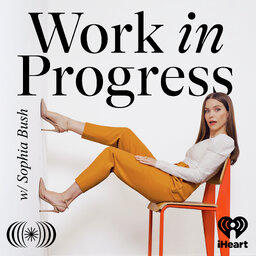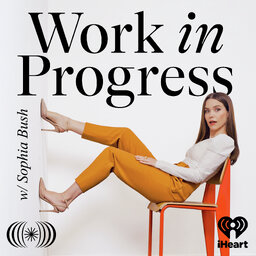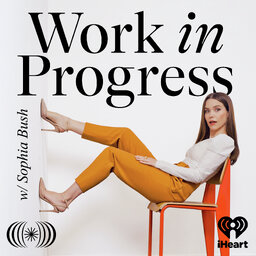Alden Wicker joins Sophia today as the third guest in WIP’s Well & Good mini-series on sustainability! Alden is the founder and editor-in-chief of EcoCult, a website featuring shopping guides and researched articles about the big ideas and issues in the international sustainable fashion industry. EcoCult has been mentioned by the NYT, Teen Vogue, MSNBC, NPR, NYLON and more. Alden is also a contributing freelance writer for publications like Glamour, Popular Science, Newsweek, Vox, and Refinery29. Listen as they discuss…
 Work in Progress with Sophia Bush
Work in Progress with Sophia Bush


